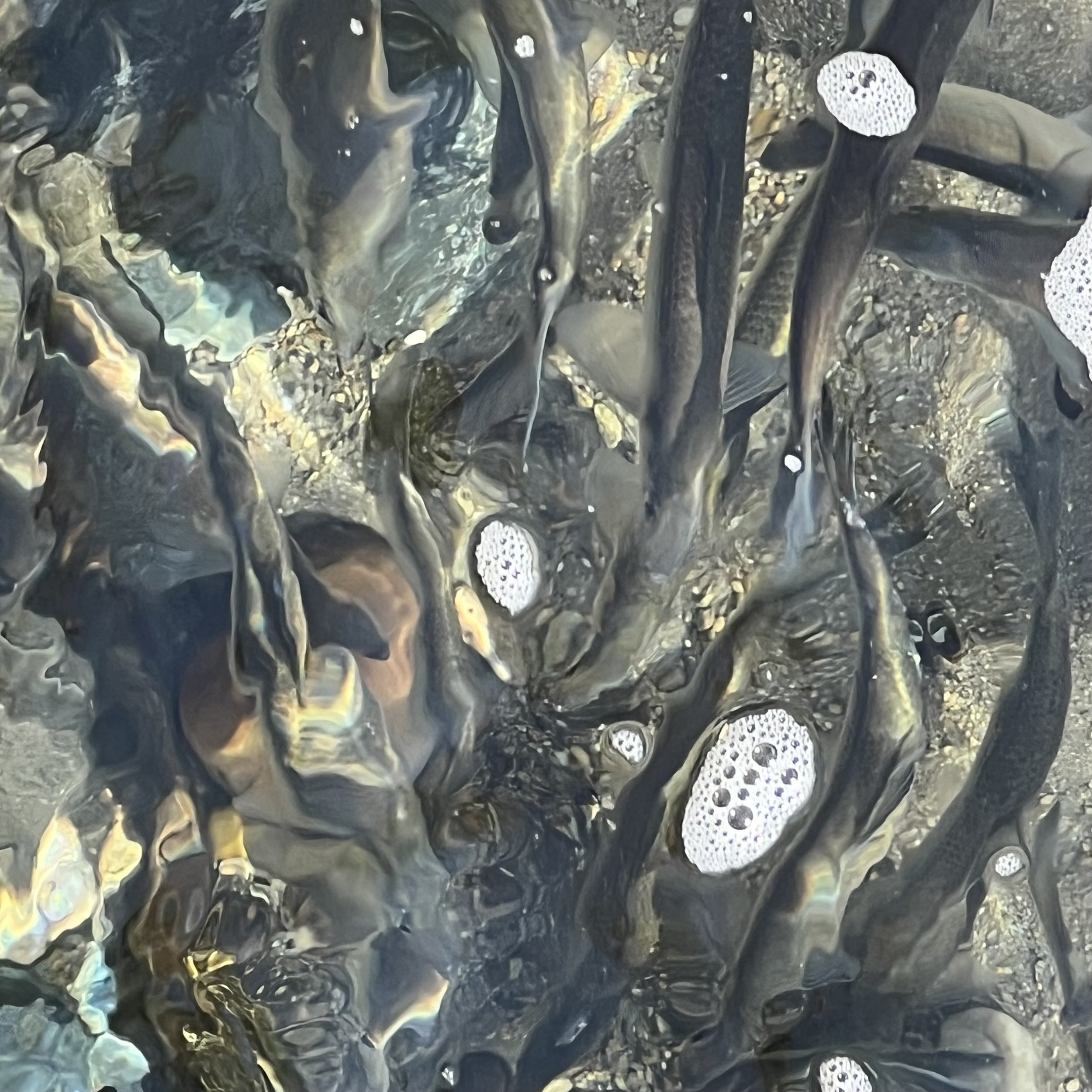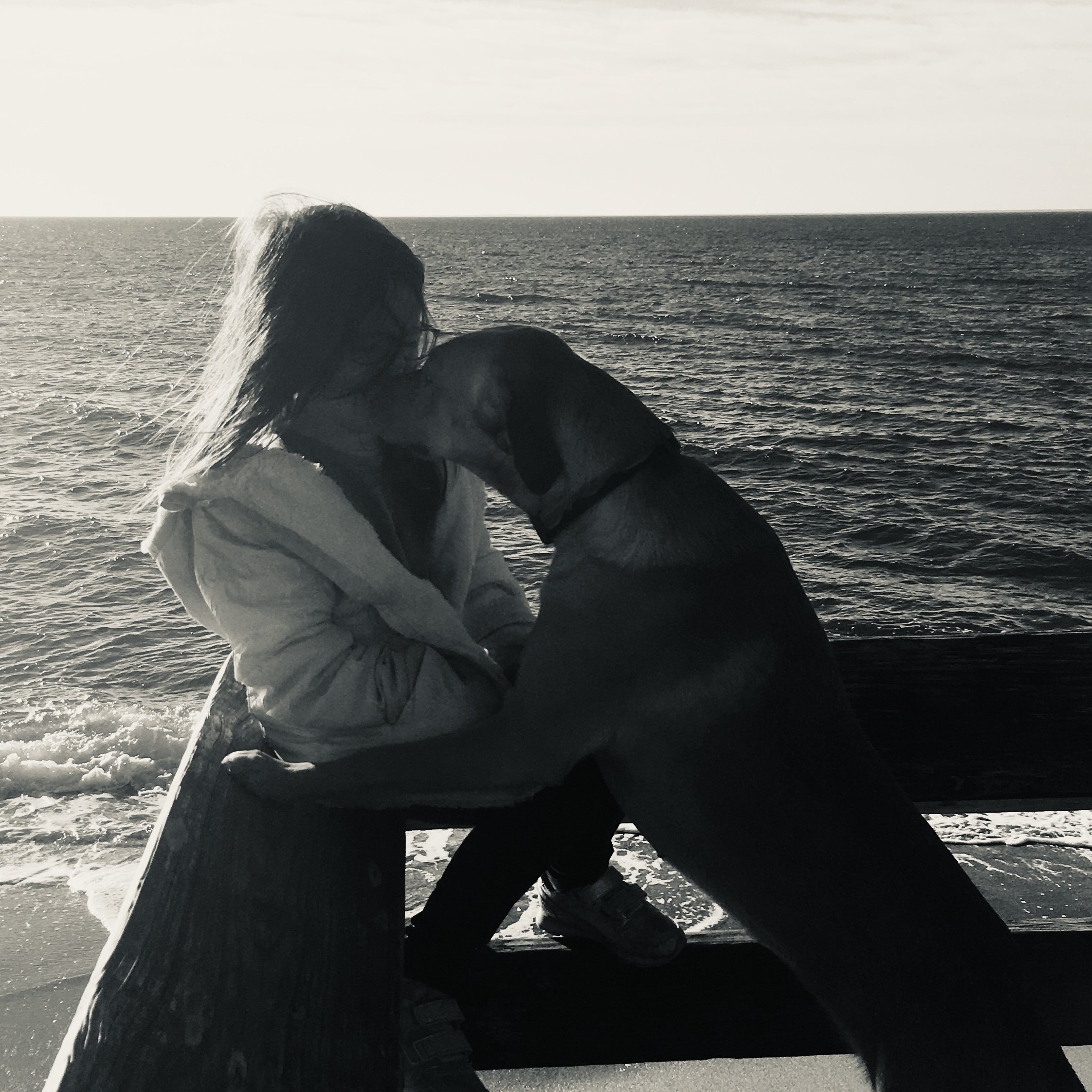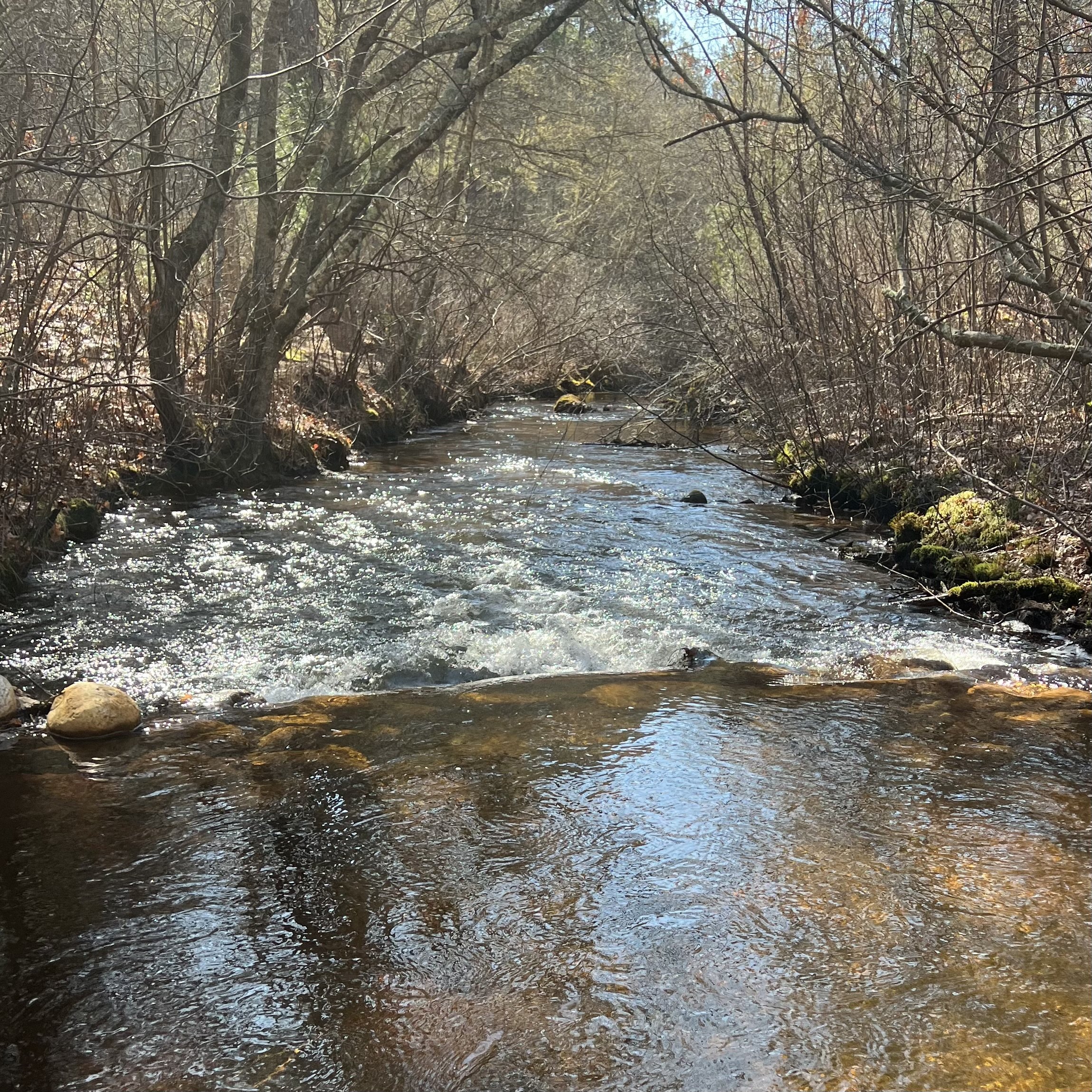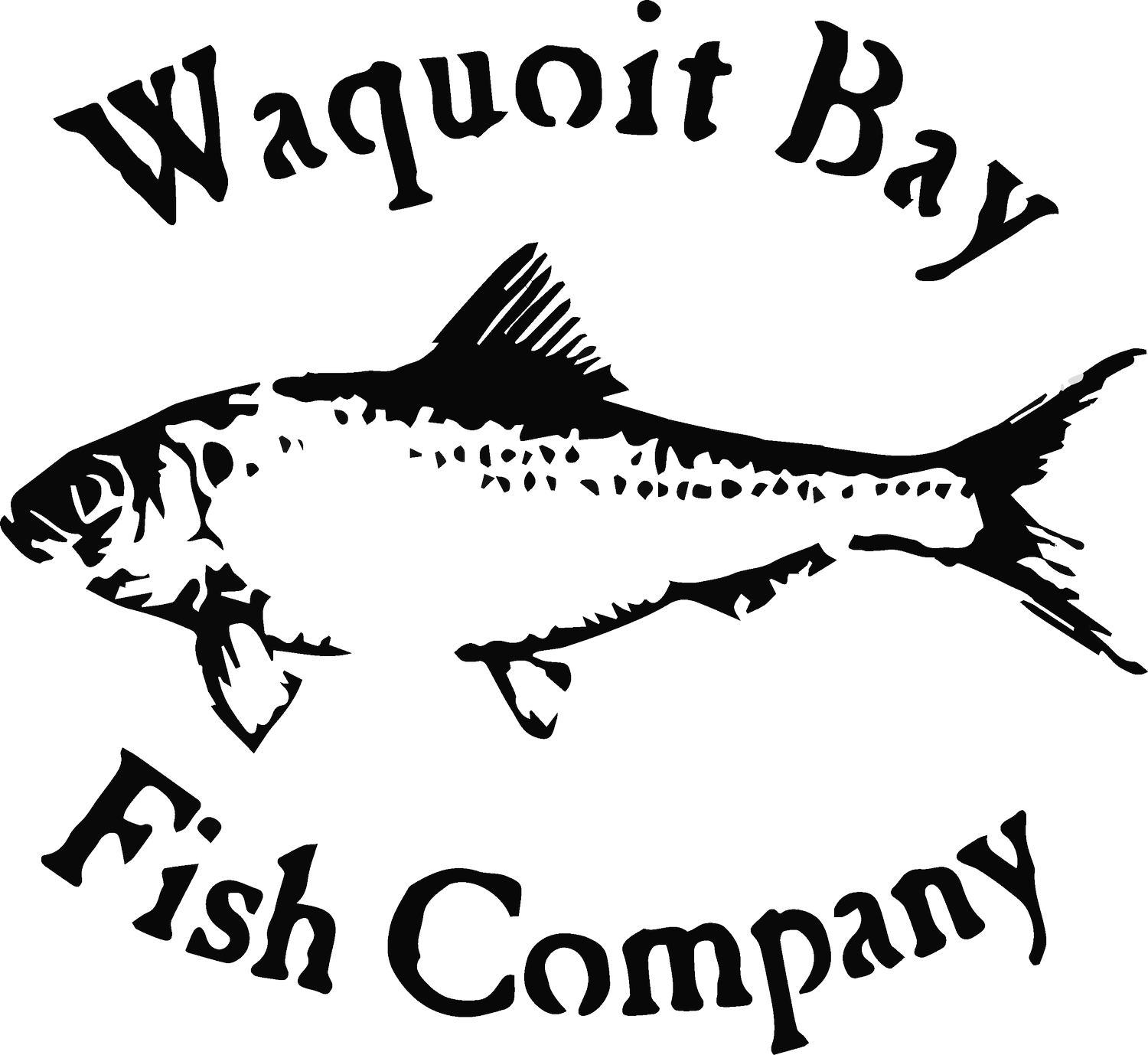Art. Life. Place. - A Blog

Devil’s Purse
Mixed in among the seaweed, eel grass, and bits of crustacean strewn among the wrack line, one can often find black leathery pouches known as a “devil’s purse”. These pouches have a distinctive flattened, rectangular shape with tendrils or horns at the corners, resembling purse strings or devil's horns, hence the name. These odd pouches are actually egg cases produced by a type of fish called skate. Among the most common egg cases found along Cape Cod beaches are those of the clearnose and little skates. While the terms "devil's purse" may not have scientific significance, it provides a way for people to describe and engage with the natural world, linking folklore and natural history.

The Fish Called Grampus
Today the whale species referred to as the grampus is the Risso’s dolphin of the genus, Grampus. Grampus can also refer to various other small black cetaceans like the killer whale or the pilot whale. Of the pilot whales, there are two species - the long-finned (Globicephala melas) and the short-finned (Globicephala macrorhynchus). At-sea they are difficult to distinguish from one another. That said, the colonial and native New Englanders that relied on them for food and oil didn’t bother themselves with such details. Hell, they didn’t bother differentiating fish from whales, though they did spend considerable effort locating, capturing, and harvesting the animal they called grampus, or the blackfish. On Cape Cod, blackfish was an important resource for the native Wampanoag and later the colonial New Englanders that inhabited this land. So important, that both the Pilgrims and Thoreau wrote about it.

The Case of the Vanishing Alewife Run
In the woods behind the house there is an old alewife run. The waters of the very upper reaches of the Childs River no longer flow, and the alewife don’t run. Today, the river is little more than a dry ditch snaking through a cathedral-like white pine forest, but it was once an active alewife fishery that harvested upwards of 150 barrels of fish per year. The alewife run was a victim of industry - first mill works and later cranberry harvesting. But alewife runs can return. Throughout New England river passage is being restored through the removal of damns and culverts, and the restoration of river channels. Thanks to these efforts, river herring are returning to native watersheds. While herring runs are being restored all throughout New England, the restoration of the Childs River alewife run is complicated.

Art, Life, and Place: The Crossroads of Creativity, our Identity, and the Environment
Art and life are inextricably linked, and the places we live shape our experiences and perspectives. Place also plays a critical role in the creation of art. Our sense of place is intimately tied to our sense of self, and the places we inhabit shape our identities and the stories we tell about ourselves. The communities we grow up in, and the landscapes we traverse, all leave their mark on us. They influence our beliefs, values, and perspectives. Art allows us to explore and understand the relationship between place and identity. Art is also a way to share our experiences about place, making it a powerful tool to connect with others and build community.

Learning to Fly
Fish. It is one of several four letter f-words that serves equally well as a noun or a verb. The verb only implies the pursuit of the noun - it says nothing of the result. If you spot me that definition, I can confidently say that I have fished. In almost every manner, I’ve fished. I’ve trawled, I’ve trolled, I’ve dipped, I’ve jigged, and I’ve casted. But that doesn’t mean I know how to fish. Believe you me, I am no fisherman.
